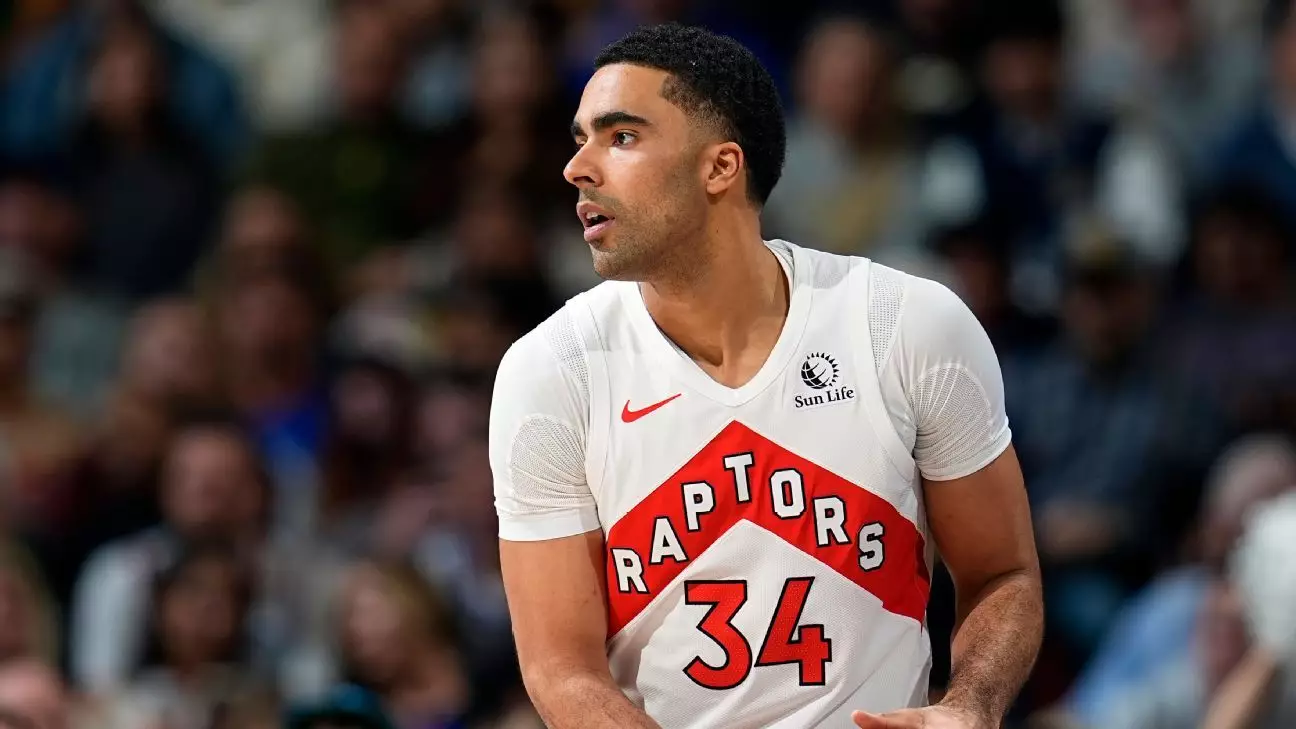In recent years, the surge of legal sports betting has transformed the sporting world into a complex arena of opportunity and risk. While the industry brings significant revenue and enhanced fan engagement, it also raises pressing concerns about the integrity of the games and the safety of the athletes involved. The recent investigations involving NBA players exemplify the delicate balance sports leagues must strike between honoring fan interests, protecting the integrity of the sport, and safeguarding their players from exploitation and harassment.
The NBA’s proactive stance on limiting certain types of bets—particularly prop bets—reflects an understanding that unchecked gambling activities can threaten fair play and athlete well-being. The league’s move to restrict wagers on specific player performances, especially on lines like the “under,” signifies a strategic effort to prevent manipulation. This is especially important in a landscape where the lines between legal betting and criminal activity can blur, leading to potential threats not just to competition fairness but also to players’ personal safety.
The case of Jontay Porter underscores the gravity of these concerns. His manipulation of game performance for betting benefits is a stark example of how the allure of quick gains can lead athletes astray. The league’s swift action against Porter—banning him and working alongside authorities—serves as a cautionary tale. It emphasizes that, despite legal frameworks, certain vulnerabilities in betting markets can encourage misconduct. The NBA’s decision to restrict wagers involving players on two-way contracts highlights an effort to close loopholes and strengthen the integrity of the game, yet it also raises questions about the broader susceptibility of athletes to external pressures.
Protecting Athletes: Balancing Freedom and Vulnerability
While the NBA and other sports leagues seem committed to combatting manipulation and corruption, their concerns extend beyond just fixing illegal schemes. The troubling rise of athlete harassment—whether online or face-to-face—is an area that often goes overlooked. The proliferation of prop bets has created a new avenue for disgruntled fans and malicious actors to target players, adding mental health and safety risks to athletes already under intense pressure.
The National Basketball Players Association’s (NBPA) position that these cases are anomalies and the league-wide integrity remains intact is somewhat reassuring but also potentially dismissive. It underestimates the subtle, insidious pressures athletes may experience, not necessarily from outright manipulation but from persistent harassment stemming from betting markets. If players feel targeted or threatened, their mental health and sense of security are compromised, which can, in turn, impact their performance and career longevity.
Tighter regulations, therefore, make sense as a safeguard—not just against cheating, but also against the broader culture of athlete exploitation. Such measures could serve to mitigate psychological harm and foster a safer environment where players can focus on their craft without the fear of harassment or undue external influence. This shift toward regulations reflects an overdue recognition that the integrity of sport is intertwined with athlete welfare in a broader societal context.
The Political and Legislative Arena: Microbets Under Scrutiny
States like Ohio and New Jersey have taken bold steps to regulate or ban microbets—wagers on specific moments during a game. These microtransactions, while seemingly small, have high potential for abuse and manipulation, especially given their targeted nature and rapid pace. Similar incidents in Major League Baseball have seen players scrutinized for suspicious betting activity, highlighting the vulnerabilities embedded in these seemingly innocuous bets.
Legislators’ efforts to eliminate or restrict microbets reveal a growing awareness of the risks involved. Ohio’s governor, Mike DeWine, specifically emphasized the danger of these bets that can be placed quickly and anonymously, making it easier for dishonest activity to flourish. The push for regulation aims to strike a balance—allowing fans to enjoy sports betting responsibly, while preventing the dark side of gambling from corrupting competitions and threatening athletes.
Despite resistance from some industry stakeholders, like New Jersey’s Assemblyman Hutchinson, who claims the restrictions are excessive, it is clear that the impulse toward regulating micro-betting stems from legitimate concerns about fairness and security. As sports betting becomes more embedded in the mainstream, careful, thoughtful regulation becomes not just necessary but urgent to protect the integrity of sports and the safety of all involved.
A Call for a Cultural Shift in Betting Practices
The ongoing debate around sports gambling is not merely about regulations; it reflects a fundamental need for a cultural shift. Sports leagues, legislators, and betting companies must work collaboratively to redefine the boundaries of acceptable betting behaviors. This involves transparent policies, strict enforcement, and an emphasis on athlete protection over short-term profits.
Furthermore, there must be a focus on education—empowering athletes with tools to recognize and resist external pressures, and informing fans about the risks of reckless betting. The challenge lies in fostering an environment where gambling can coexist with sport without undermining fairness, respect, and athlete dignity.
The recent investigations serve as stark reminders that unchecked gambling can erode the core values of sportsmanship. Perhaps the most critical takeaway is that integrity in sports is fragile and must be proactively safeguarded through comprehensive, nuanced approaches—ones that reconcile commercial interests with the fundamental principles of fair play and athlete safety. Only then can the sporting world truly thrive in an era dominated by rapid technological change and burgeoning gambling markets.


Leave a Reply